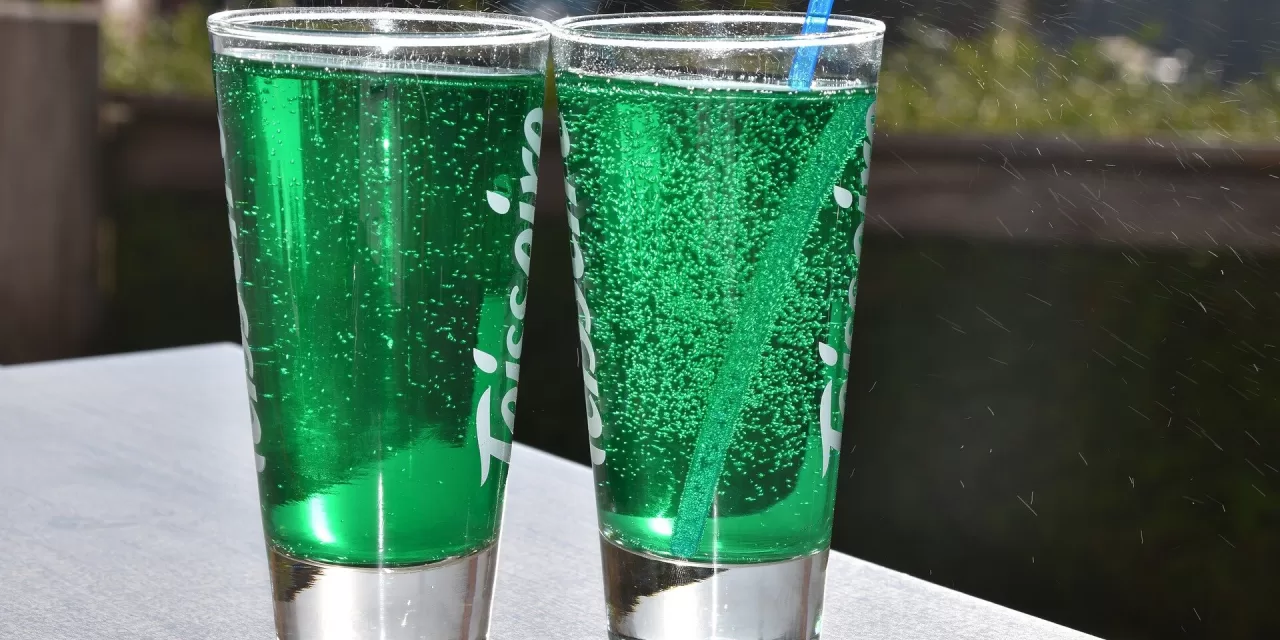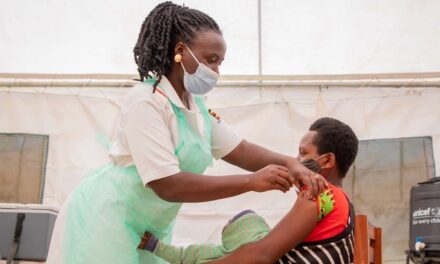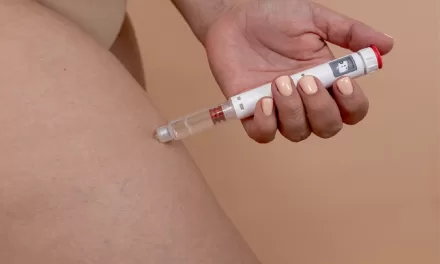A recent study has raised concerns about the potential link between the consumption of certain popular beverages and an elevated risk of oral cancer. The research, published in [mention the journal if available, otherwise omit], suggests that regular intake of sugary drinks, including fruit juices and sodas, as well as alcoholic beverages, may contribute to the development of oral malignancies.
The study examined data from [mention the number of participants or the scope of the study if available, otherwise omit], focusing on the dietary habits and health outcomes of individuals over a period of [mention the time period if available, otherwise omit]. Researchers found a statistically significant correlation between frequent consumption of these beverages and an increased incidence of oral cancer.
Specifically, the study highlighted that the high sugar content in sodas and fruit juices could promote inflammation and cellular damage, potentially leading to cancerous mutations. Similarly, the carcinogenic properties of alcohol are well-documented, and the study reinforced its association with oral cancer development.
“While further research is needed to fully understand the underlying mechanisms, these findings underscore the importance of maintaining a balanced diet and limiting the intake of sugary and alcoholic drinks,” stated [mention a researcher’s name or title if available, otherwise omit], a lead author of the study.
Oral cancer, which includes cancers of the mouth, tongue, and throat, can have devastating consequences. Early detection and prevention are crucial for improving patient outcomes. The study emphasizes the need for public awareness campaigns to educate individuals about the potential risks associated with these commonly consumed beverages.
Health experts recommend prioritizing water consumption and opting for healthier alternatives like unsweetened tea or infused water. They also advise moderating alcohol intake and maintaining good oral hygiene practices, including regular dental checkups, as essential preventive measures.
The findings of this study serve as a reminder that lifestyle choices can significantly impact long-term health. Individuals are encouraged to consult with healthcare professionals to discuss personalized dietary recommendations and risk factors for oral cancer.
Disclaimer: The information provided in this article is based on a single study and should not be interpreted as definitive medical advice. Further research is necessary to confirm these findings. Individual risk factors for oral cancer can vary, and it is essential to consult with a healthcare professional for personalized guidance. This article is intended for informational purposes only and does not endorse or recommend any specific dietary changes or treatments.(https://timesofindia.indiatimes.com/life-style/health-fitness/health-news/these-popular-drinks-can-raise-your-risk-of-oral-cancer-finds-a-study/articleshow/119659576.cms)












